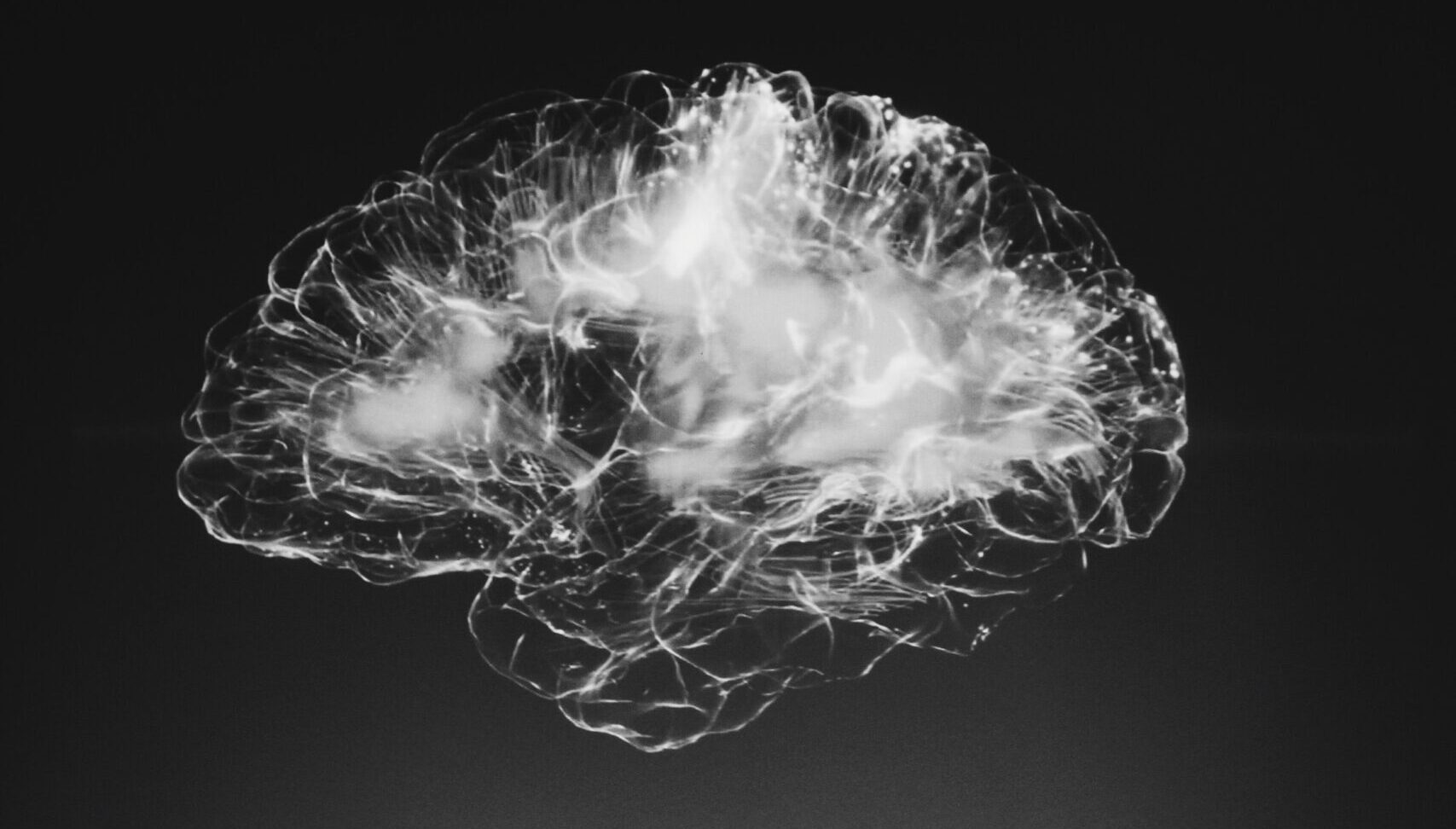The Evolving Mentality of the Mental Health
The simplest definition of Mental Health is the level of psychological well-being or an absence of mental illness. Now, believed to be the absence of “new normal” it has led to temperamental conflict which spirals into nostalgic past and overwhelming future. According to the World Health Organization (WHO), mental health includes “subjective well-being, perceived self-efficacy, autonomy, competence, intergenerational dependence, and self-actualization of one’s intellectual and emotional potential, among others”. While it is interesting to understand the complexity behind this definition, The CBS Post is celebrating the Mental Illness Awareness week in light of exploring the history behind this concept and why the sensitive discipline of ‘Mental Health’ is rigid.
In the 5th century B.C., Hippocrates, the Father of Medicine was the first pioneer to understand mental illness as an underlying pathology that can be addressed through medication or adjustments in a patient’s environment. Roman physicians practiced the concept of “contrariis contrarius”, meaning opposite by opposite, and introduced contrasting stimuli to bring about balance in the physical and mental domains.
The ideology developed by the Greeks and Romans was quickly reversed with the increase in power of the Church and the fall of the Roman Empire. Mental illness was yet again explained as possession by the Devil which ignited the valor of faith and religion and instigated the inhumanity simultaneously. The everlasting development in the realm of philosophy during the Renaissance( 14th to 16th century) was the rise of “humanism, or the worldview that emphasizes human welfare and the uniqueness of the individual.” While theoretically, the horizon of Mental Health was expanding, the number of asylums began to rise. In 1547, the Bethlem Hospital was opened in London with the singular motive of embarking the prejudiced opinion of asylums as we confer today. The asylum became a “tourist attraction” and soon was called “Bedlam”, a term that today means “a state of uproar and confusion”
The rise of the “moral treatment movement” occurred in Europe in the late 18th century and then in the United States in the early 19th century.
The father of American psychiatry, Benjamin Rush prospered for the humane treatment of the mentally ill, with glimpses of respect and rewards. Despite this, his practice included treatments such as bloodletting and purgatives, the invention of the “tranquilizing chair,” and astrology.
While the ‘Mental Health’ Concept has seen peculiar and progressive transitions in the past through the masses, it seems as if today, the mentality of mental health is tested in not ‘how’ the masses are responding; rather it is defined on ‘why’ the masses are responding.
The urgency of highlighting that “people in good mental health are often sad, unwell, angry or unhappy, and this is part of a fully lived life for a human being”, comes from the fact that too much pressure has been laid on positivity. No one would now ever wonder why ignorance is bliss.
Mental Health is evolving and growing, but the theoretical and practical school of thought that resides personifies the struggle since it’s birth.
Mental Health, as perceived today, is assumed to be a figment of ignorance you can put towards every information and attitude you experience.
The age of disinformation,un-empathy,mental distancing,mental block and everything that everyone has faced this year, the quotient of mentality of mental health is not to maintain a sane reaction but an insane ignorance. What really is best and healthy is left for you to decipher.
In the end, the mentality of the mental health realm has fluctuated in the dilemma; mind over matter or mind that matters.




Comments